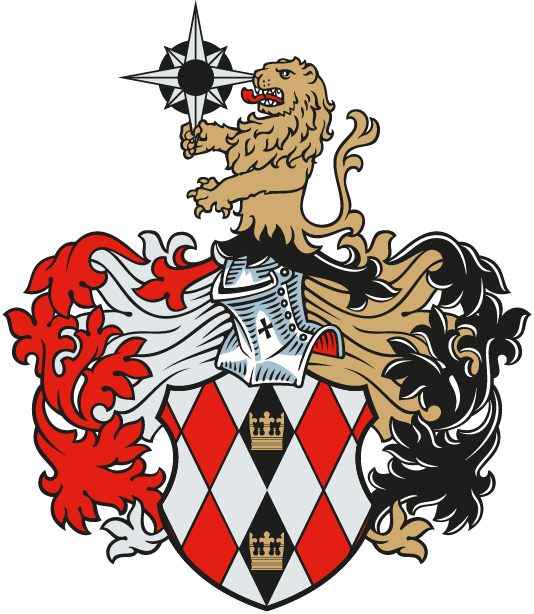

On August 9, 2025, the UAE will shimmer with soft silken threads and warm sibling smiles as Raksha Bandhan—the festival celebrating the bond between brothers and sisters—brings families together. The auspicious Rakhi tying time is from 05:50 AM to 06:04 PM, during the Purnima Tithi, which begins at 03:09 AM and ends at 11:55 PM. With millions of Indian expats in the UAE, this spiritual day blends emotion, tradition, and festivity—across time zones and continents.
The morning sun glints off high-rises in Dubai, but inside a modest apartment in Bur Dubai, something more radiant is unfolding. A young woman carefully unties a gold-threaded box. Inside: a Rakhi—delicate, red, adorned with beads and the faint scent of sandalwood. Her brother, still rubbing sleep from his eyes, grins as she ties it around his wrist. 'You owe me sweets and a gift,' she teases. He nods, mock solemn. It's Raksha Bandhan, 2025—and even thousands of kilometers from India, the emotions are as vivid as ever.
This year, Raksha Bandhan falls on Saturday, August 9. The Purnima Tithi—or full moon phase—begins at 03:09 AM and ends at 11:55 PM. The most auspicious time to tie the Rakhi is from 05:50 AM to 06:04 PM. For Indian expats in the UAE, aligning with the right muhurat is a sacred ritual, often observed with the help of digital calendars and astrologer apps.
In Sharjah, families gather early. Mothers prepare laddoos and rice kheer. Sisters light diyas in the pre-dawn hush. Whatsapp pings with long-distance video calls—Rakhis are tied virtually, tears and laughter flowing freely through glowing smartphone screens. It’s a festival that transcends borders.
Rooted deep in Indian mythology, Raksha Bandhan—literally meaning “the bond of protection”—is a celebration of the enduring relationship between siblings. Traditionally, sisters tie a Rakhi around their brothers’ wrists, symbolizing love and seeking protection in return. In modern times, the roles have evolved; siblings of all genders now exchange Rakhis, gifts, and heartfelt messages.
Social media will glow with such messages, hashtags like #RakhiVibes and #SiblingGoals trending across the UAE’s vibrant Indian diaspora.
For the nearly 3.5 million Indians in the UAE, Raksha Bandhan is more than just tradition—it’s a tether to identity. Indian stores stock up on Rakhis weeks in advance, from minimalist threads to extravagant, gem-studded creations. Temples in Abu Dhabi and Dubai host special prayers. Some families even send Rakhis by courier to India, or receive them in the mail from sisters abroad—each thread carrying memory and emotion.
At the heart of it all is connection—between siblings, families, and cultures.
As Indian expats continue to grow roots in the UAE, cultural festivals like Raksha Bandhan help shape the social fabric of residential communities. Developers often organize festive events in family-oriented neighborhoods like Discovery Gardens, Al Nahda, and Mirdif. These cultural touchpoints increase community engagement—making such areas particularly appealing to Indian buyers and renters seeking a sense of belonging.
In fact, properties near temples or Indian community centers often see a rise in demand during major festivals, as proximity to celebration venues and like-minded neighbors becomes a priority. For investors, understanding these seasonal and cultural trends can offer unique insights into the dynamics of the UAE’s multicultural real estate market.
